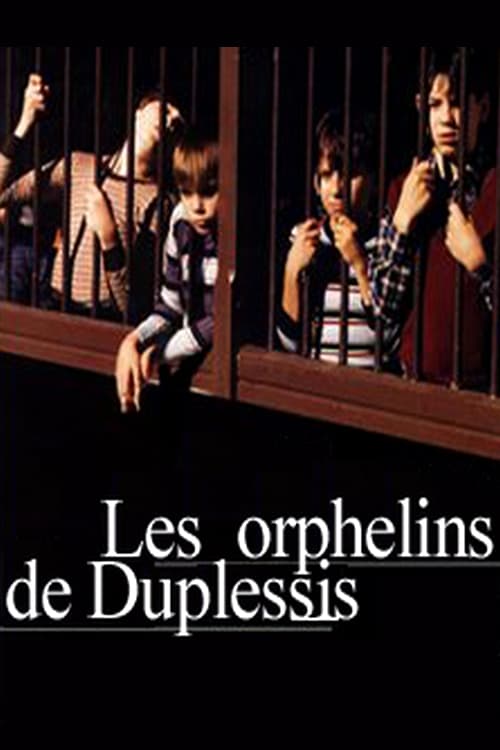

In 1952, an Inuit hunter named Tivii with tuberculosis leaves his northern home and family to go recuperate at a sanatorium in Quebec City. Uprooted, far from his loved ones, unable to speak French and faced with a completely alien world, he becomes despondent. When he refuses to eat and expresses a wish to die, his nurse, Carole, comes to the realization that Tivii's illness is not the most serious threat to his well-being. She arranges to have a young orphan, Kaki, transferred to the institution. The boy is also sick, but has experience with both worlds and speaks both languages. By sharing his culture with Kaki and opening it up to others, Tivii rediscovers his pride and energy. Ultimately he also rediscovers hope through a plan to adopt Kaki, bring him home and make him part of his family


In the 1950s, young boys were placed in orphanages and endure harsh and austere living conditions. As a united group, they supported each other and survived despite bullying, hardship and little hope for better days. While these children were doing their best to survive, they had no way to suspect the secret dealings between the clergy, the medical profession and the government that will inevitably seal their fates. The institution faced with a precarious financial situation, the solution is to transform the orphanage into a psychiatric institute in order to obtain additional subsidies. To demonstrate the need for this change in status, the orphans are labeled as insane by the very people who took them in to help them. While their future as orphans was already precarious, they become prisoners of an asylum system from which they have little hope of being able to free themselves even as they grow older.
By browsing this website, you accept our cookies policy.